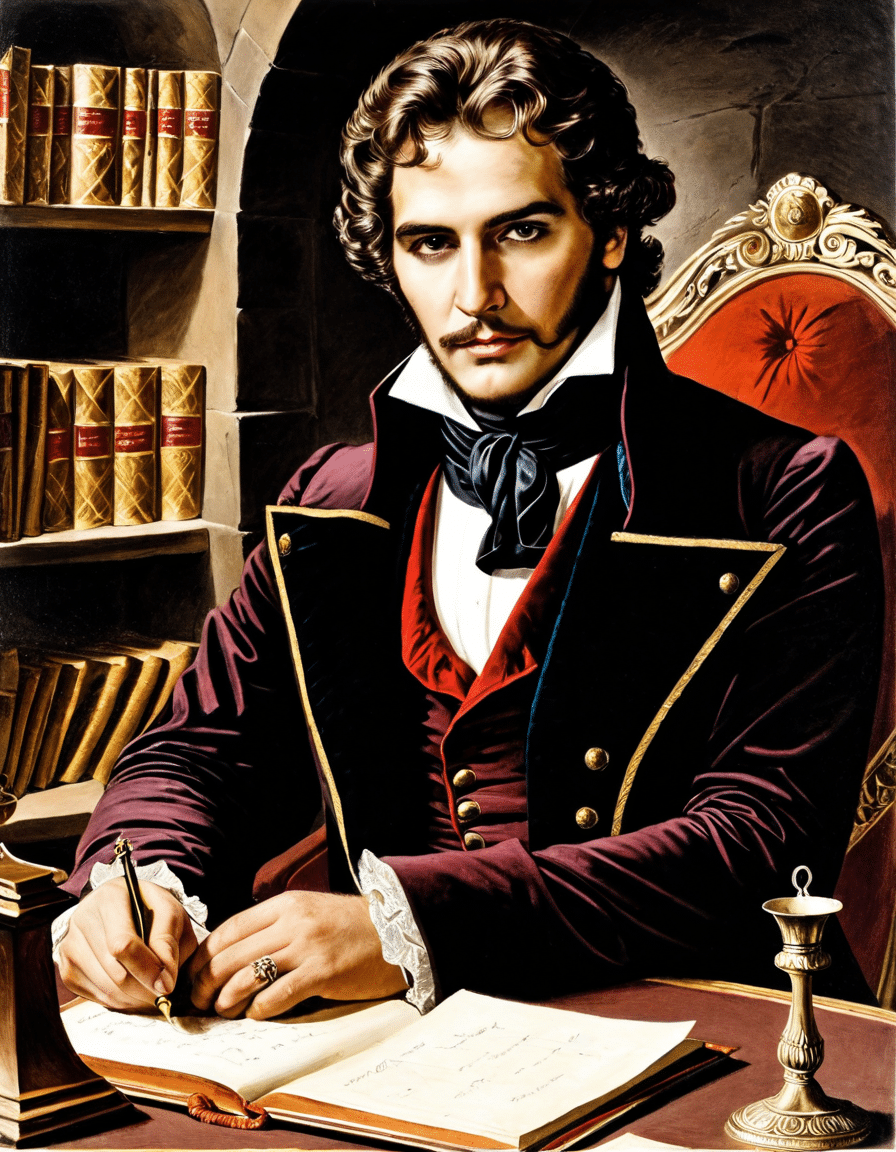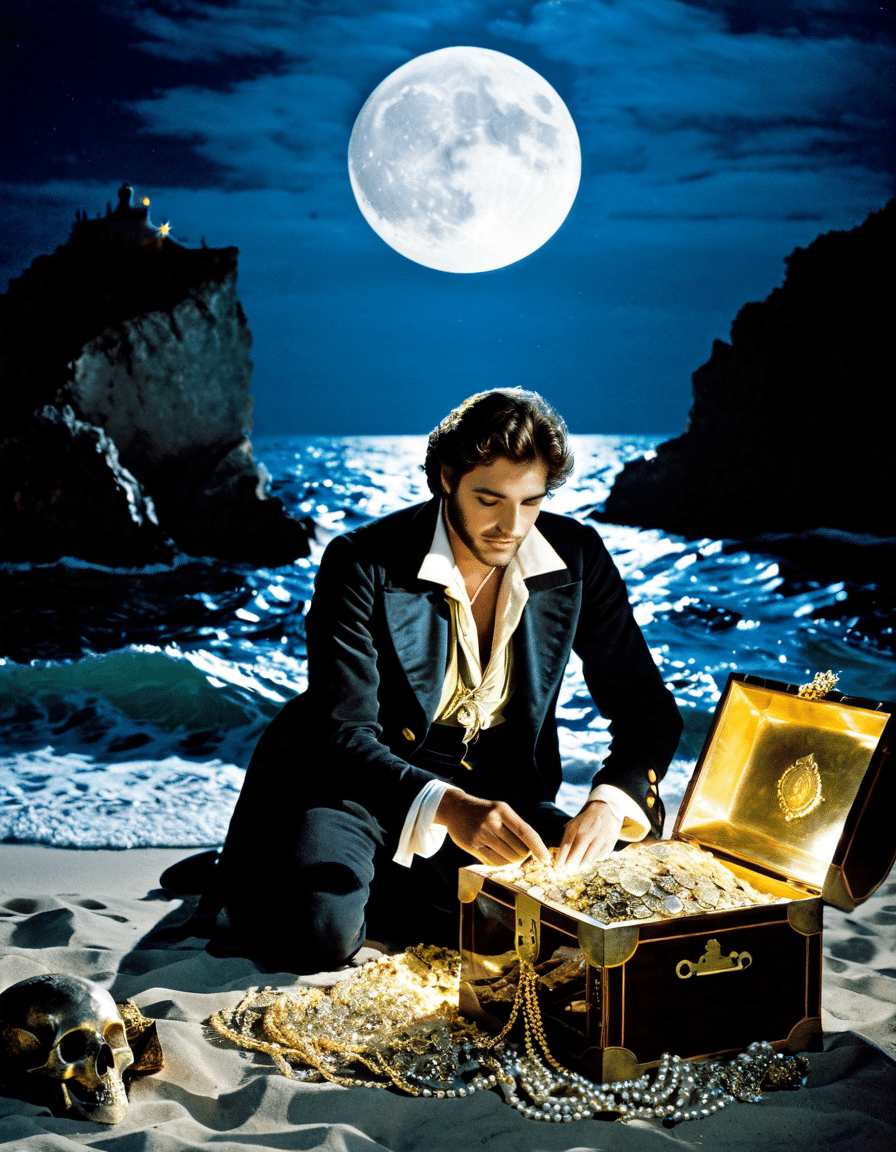The narrative of The Count of Monte Cristo has been shaking things up since it first hit the press. Written by Alexandre Dumas and based on the real-life story of Pierre Picaud, this classic tale boils down to revenge against betrayal. Whether you’ve read it, seen one of the many film adaptations, or just heard the name tossed around at a literary soirée, the core themes still resonate with us today, especially as we dig into the heart of the story in 2026. Trust, suffering, redemption, and the pursuit of justice—these are topics we’re still grappling with, which is why the Count of Monte Cristo continues to strike a chord across generations.
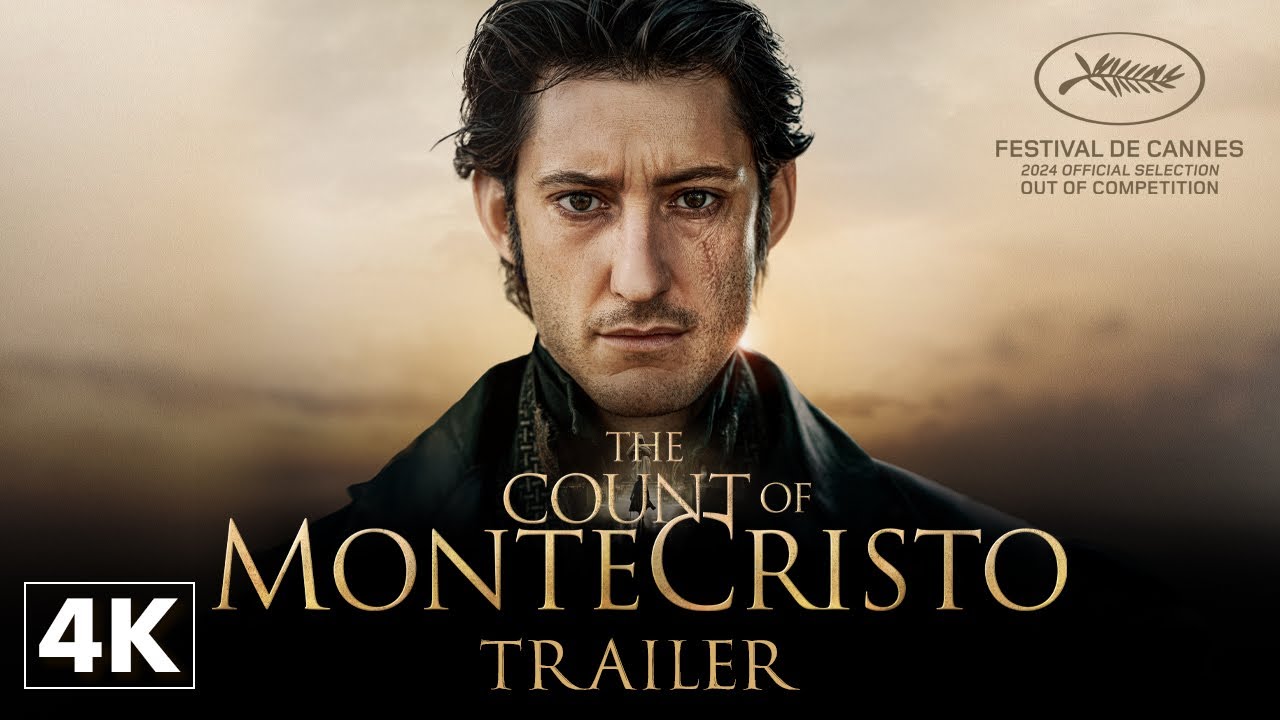
Top 7 Themes of Betrayal and Revenge in The Count of Monte Cristo

1. The Fragility of Trust
Oh, how trust can shatter! Edmond Dantès learns this the hard way when his closest pals turn into backstabbers faster than you can say “betrayal.” From Fernand to Danglars, the folks he thought had his back were the very ones who conspired against him. Dumas expertly pulls back the curtain, showing us that sometimes the folks we trust the most can wear the most sinister masks. It’s a reminder for all of us: keep your friends close, but also keep an eye on ’em. You wouldn’t want to end up in a Chateau d’If, now would ya?
2. Transformation Through Suffering
Ever heard the phrase, “What doesn’t kill you makes you stronger”? Well, Dantès lives by it, or at least he flirts with the idea! His journey from a starry-eyed sailor to the cunning Count is all thanks to the years spent in that dreadful dungeon. It speaks volumes about how painful experiences can carve us into stronger individuals. Let’s face it, we all know folks like Nelson Mandela and Steve Jobs who transformed their tribulations into triumphs. If Dantès can rise from torment, so can we!
3. Revenge as a Double-Edged Sword
But wait a minute! Revenge isn’t all sunshine and rainbows, as Dantès soon discovers. While he relishes in his elaborate schemes to get even, he learns that vengeance can be a cancer that eats away at your soul. Just look at real-life rivalries! Gang conflicts continue to drag innocent lives into the murky waters of revenge. The story shrieks a warning: sometimes, the thirst for revenge can drown you in despair, leaving a trail of chaos behind.
4. The Quest for Justice
Who among us hasn’t felt that sting of injustice? Dantès’ odyssey invites us to ponder what true justice looks like. Society has its laws, sure, but are they always fair? There are countless examples today, like the chilling story behind “The Central Park Five,” reminding us that the system can fail spectacularly. Dumas hits home that yearning for justice might lead you to quest for it yourself, much like a valiant hero challenging the status quo.
5. The Role of Fate and Providence
Ever felt like life’s just tossing you a curveball? Dumas weaves fate into The Count of Monte Cristo like it’s the main thread of a captivating tapestry. Was Dantès’ fate sealed by his own actions, or were they just the whims of a capricious universe? This question hangs over the tale, kind of like a cloud of uncertainty. It’s a thought-provoking dilemma that echoes in our discussions about the random events influencing our paths, akin to how social scientists dissect social mobility.
6. Redemption and Forgiveness
As Dantès wrestles with his thirst for revenge, he eventually confronts the need for redemption. Is forgiveness the elusive treasure we seek for inner peace? Absolutely! This theme hits home, particularly with modern movements like the South African Truth and Reconciliation Commission that aimed to heal a divided nation. Dumas champions the idea that perhaps the greatest triumph isn’t vengeance, but the ability to forgive—even when it feels like the most difficult choice.
7. The Importance of Identity
Ah, the quest for identity! Dantès’ transformation into the Count is more than just a change of names. It’s about self-definition, a struggle familiar to many of us today. In a world where social media gives rise to countless identities, this theme grows even more relevant. Dantès’ path reminds us that our identities can evolve, but staying true to our core values remains paramount. So whether you’re curating your online persona like a pro or just trying to be your authentic self, remember Dantès, who’s basically the original master of reinvention.
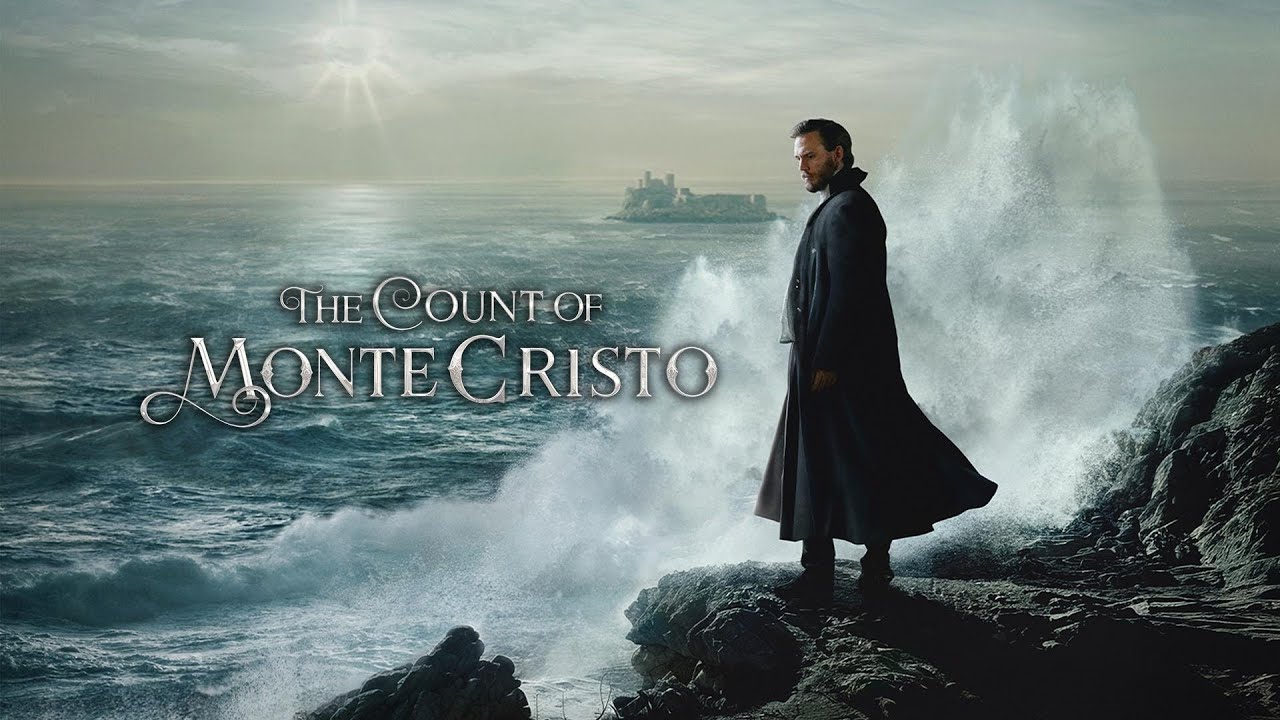
The Count of Monte Cristo in Modern Adaptations
The themes of The Count of Monte Cristo have been reborn, time and time again, showcasing its rich tapestry. Each adaptation adds a sprinkle of its own magic, breathing fresh air into a classic narrative.

Legacy and Continuing Relevance
The enduring legacy of The Count of Monte Cristo speaks volumes about the timelessness of its themes. In a society continuously evolving and confronting ethical dilemmas, Dumas’s work remains a staple in conversations about trust, revenge, and justice. It provides a candid exploration of the human spirit through the lens of betrayal—something we all face at various points in our lives.
His characters remind us of the emotional connections we build and the resentments that can fester. A classic tale like this provides a mirror reflecting our societal struggles. Wouldn’t it be fascinating if we looked at the Count of Monte Cristo’s journey in light of today’s issues, such as corporate fraud and whistleblowing? Dantès might just resonate with the brave individuals who challenge injustices today, reminding us that even in betrayal, there is a lesson on resilience and redemption.
So, whether you’re a lifelong fan or newly curious about this iconic saga, Dumas invites you to ponder the effects of betrayal and the bittersweet taste of revenge. As we continue to grapple with the moral complexities in our lives, the Count of Monte Cristo stands as a poignant reminder forged in the heart of the human experience—because, sometimes, the lesson of revenge is learning to let go.
Now, that’s a deep dive into the Count of Monte Cristo and why it still matters today! If you enjoyed this exploration, feel free to share your thoughts or favorite adaptations below. Happy reading!
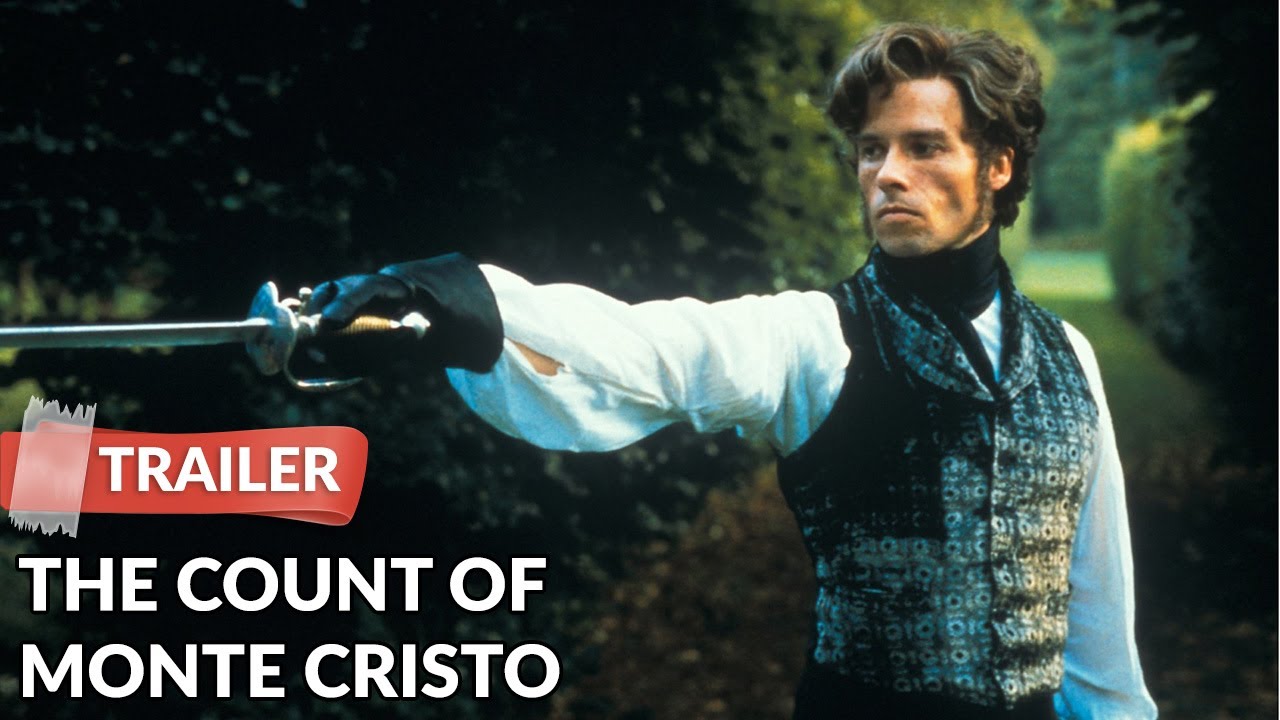
Count of Monte Cristo: Revenge Against Betrayal
The Legacy of Dumas
Did you know that the iconic tale of revenge, “The Count of Monte Cristo,” was penned by none other than Alexandre Dumas, a writer famous for his swashbuckling adventures? Interestingly, Dumas was also born to a family of mixed heritage, which helped shape his unique perspective on themes of betrayal and justice. Like “The Count of Monte Cristo,” the classic film “The Blues Brothers showcases characters caught in a web of loyalty and vengeance, exploring how their past troubles come back to haunt them.
But here’s another fascinating tidbit: Dumas based his story on real events. Inspired by the tale of prisoner Pierre Picaud, he added layers of betrayal and redemption that resonate with audiences even today. Speaking of riveting narratives, let’s not forget the impact of Quentin Tarantino Movies, where revenge is often a central theme. Much like Edmond Dantès, Tarantino’s characters frequently wrestle with their pasts, revealing that vengeance is a complex beast.
Revenge and Real-Life Influence
Now, while escapism in stories like “The Count of Monte Cristo” is thrilling, the real world has its own share of dramatic betrayals. Take the case of Keith Raniere, whose journey from seemingly ordinary beginnings to a controversial leader parallels the journey of Dantès. Similarly, the staggering stakes of betrayal are mirrored in popular culture; imagine Dantès navigating his revenge like a character from Voltron, switching roles and identities to reclaim power over those who wronged him.
Moreover, the journey of vengeance can bring to mind the psychological nuances surrounding betrayal. In fact, understanding emotions might just be as crucial as knowing about Egfr Levels for overall health! Much like the relationships in “The Count of Monte Cristo, the complexities of real-life relationships can influence one’s path, demonstrating that revenge isn’t just a dish best served cold but can also be a catalyst for change.
Enduring Themes of Justice
Lastly, the enduring themes of “The Count of Monte Cristo” transcend time, captivating audiences in various forms. Whether it’s through film adaptations featuring stars like Sean Connery or even newer interpretations that resonate with younger viewers, the story continues to thrive. Speaking of talented young actors, Millie Bobby Brown has emerged as a formidable talent in the storytelling arena, proving that captivating narratives know no bounds.
The elements of betrayal, redemption, and intrigue in “The Count of Monte Cristo” resonate strongly in today’s storytelling landscape. As we traverse these narratives, we realize that the thirst for justice remains universal, bridging gaps across generations and cultural landscapes. So whether you’re delving into Dumas’ classic or enjoying modern retellings, the themes continue to spark conversations about morality, loyalty, and the intricate dance of revenge.
